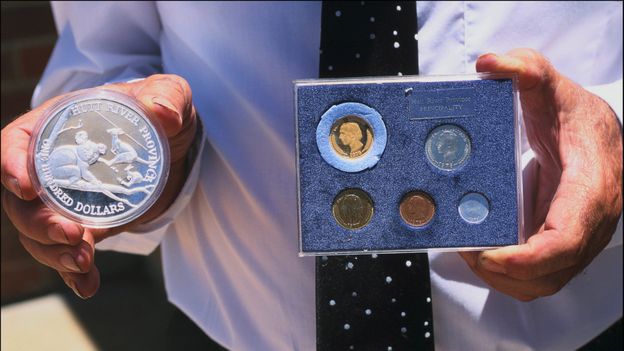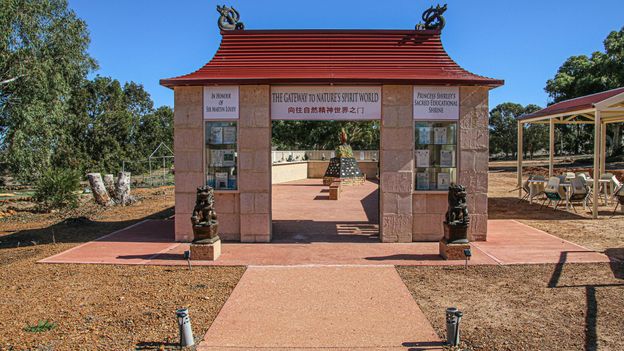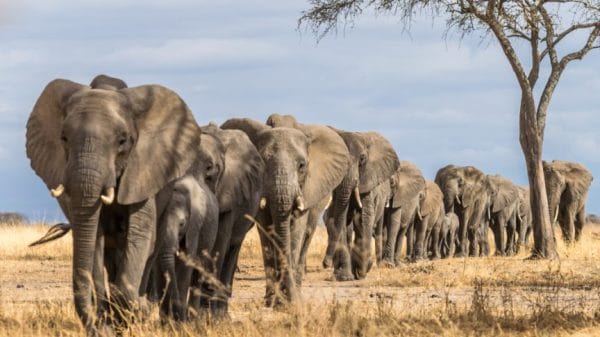Situated 517km north of Perth, one finds the Principality of Hutt River. This micronation has claimed to be an independent sovereign state. Founded on 21 April 1970 by Leonard Casley, the principality enjoyed a high profile as a regional Australian tourist attraction.
Although self-sufficient, the Principality was not recognised by the Australian Government or other national governments, and was formally dissolved on 3 August 2020. Hutt River cited high costs of running a country, coupled with declines in tourist and agricultural revenue as causes for its dissolution.
Featured in the BBC travel series ‘Places That Don’t Belong’, the Principality had received a letter from Her Majesty the Queen in April 2016, extending congratulations on its founding 46 years earlier.
At 75 sq km, the Principality was larger than several independent countries and other sovereign nation-states including Monaco and the Vatican City. It proudly issued its own passports, stamps and currency, handing out royal titles to family members of Casley.

Home to 23 residents, the Principality claimed a worldwide citizenry of 14,000. Its capital Nain is named after the region in Galilee and contains, in its chapel, paintings of early Galilee.
The Royal Family had famously declared war on the Australian Government on 2 December 1977. Throughout its 50 year history, the Principality has undergone a number of tax charges.
The Principality is filled with all sorts of personal touches. Following the passing of his wife in 2013, Hutt’s founder Casley built a monument formally titled Princess Shirley’s Sacred Educational Shrine.

Although now formally dissolved, the Principality and its deeply eccentric history had piqued the interest of thousands of travellers wishing to meet royalty, or gain a passport stamp.
Although this may now be an element of Australia’s history, the Principality has inspired thousands to visit, apply for citizenship and partake.













